Thomas Sumner

Trustworthy journalism comes at a price.
Scientists and journalists share a core belief in questioning, observing and verifying to reach the truth. Science News reports on crucial research and discovery across science disciplines. We need your financial support to make it happen – every contribution makes a difference.
All Stories by Thomas Sumner
-
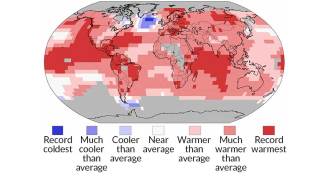 Climate
ClimateIf you thought 2015 was hot, just wait
The record-setting global temperatures seen in 2015 could be the “new normal” as soon as the 2020s.
-
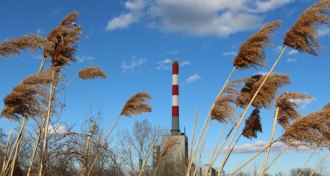 Climate
ClimateCO2-loving plants can counter human emissions
Plants temporarily halted the acceleration of rising carbon dioxide levels in the atmosphere, new research suggests.
-
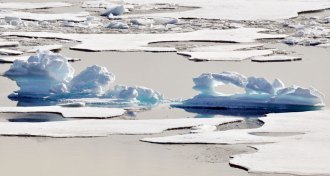 Climate
ClimateHuman CO2 emissions put Arctic on track to be ice-free by 2050
Sea ice is shrinking by about three square meters for each metric ton of carbon dioxide emitted, new research suggests.
-
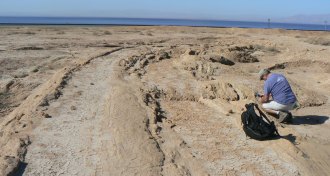 Earth
EarthThe southern San Andreas has a smaller, neighboring fault to its west
The newly-discovered Salton Trough Fault runs parallel to the southern San Andreas Fault in California, potentially affecting the region’s earthquake risk.
-
 Climate
ClimateWanted: New ways to chill air conditioners, fridges
A new amendment to the Montreal Protocol will phase out potent greenhouse gases currently used in air conditioners and refrigerators, prompting a hunt for eco-friendly alternatives.
-
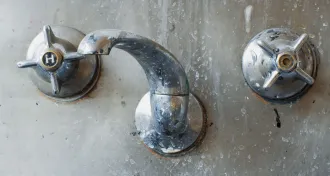 Chemistry
ChemistryWater softeners get friendlier to health, environment
New technology softens water without adding sodium, which ends up in drinking water and contaminates the environment.
-
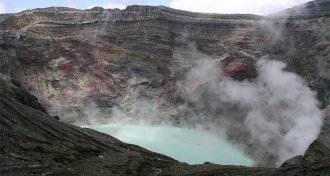 Earth
EarthThere’s a new way to stop an earthquake: put a volcano in its path
An earthquake rupturing along a fault in Japan was blockaded by the magma chamber below the Mount Aso volcano, researchers propose.
-
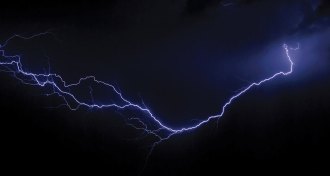 Climate
ClimateExtreme lightning events set records
A lightning flash stretching 321 kilometers across and one that lasted 7.74 seconds have been named the most extreme events on record, thanks to a new rule change.
-
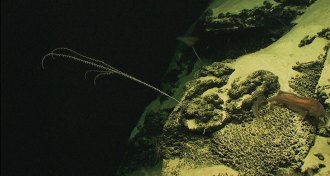 Life
LifeOcean archaea more vulnerable to deep-sea viruses than bacteria
Deep-sea viruses kill archaea disproportionately more often than bacteria, a killing spree with important impacts on the global carbon cycle.
-
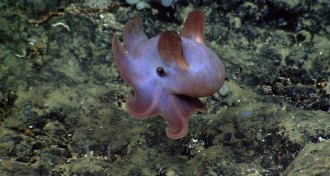 Oceans
OceansAtlantic monument is home to unique and varied creatures
A region of ocean off the coast of Cape Cod has become the first U.S. marine national monument in the Atlantic Ocean.
-
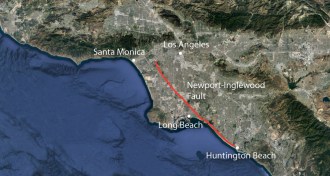 Earth
EarthSeismologists surprised by deep California quakes
Small earthquakes detected along the Newport-Inglewood Fault originate from deeper underground than once thought possible.
-
 Chemistry
ChemistryMolecules for making nanomachines snare chemistry Nobel
Nanochemists win Nobel prize for devising molecular machines